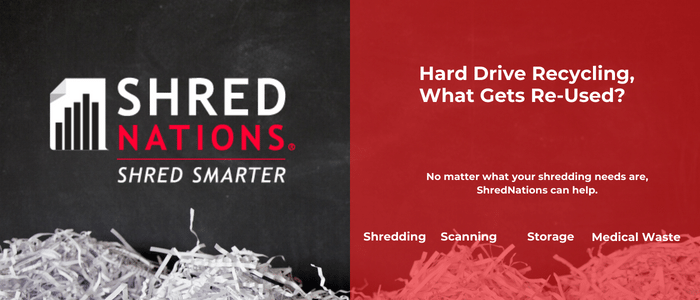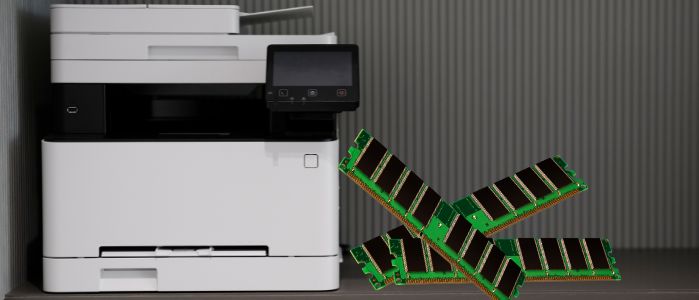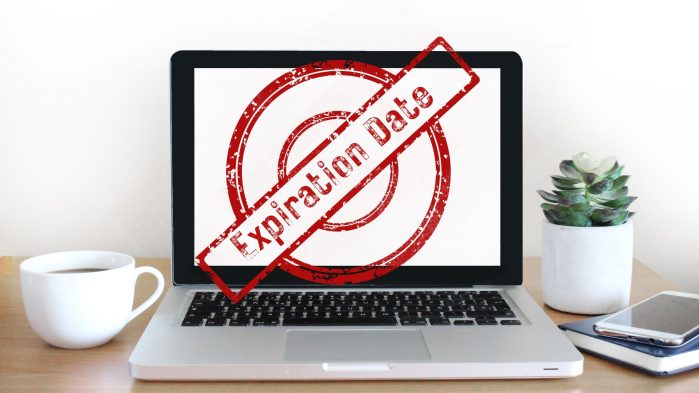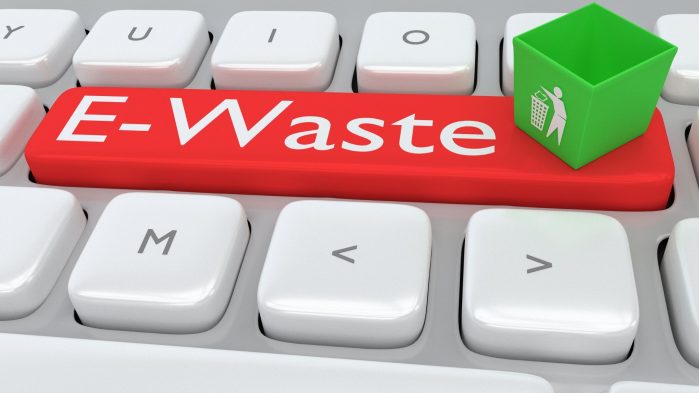
E-waste is one of the fastest-growing forms of consumer waste. As many of us already know, electronics are becoming more common in everything from our cars to our home appliances. E-waste must be recycled for several reasons. We spoke to an expert with more than 27 years of e-waste experience about what happens to e-waste, and what we should all be mindful of.
Tony Perrotta is the Founder, President, and CEO of Greentec in Ontario, Canada. Greentec is R2 certified and NAID certified, and Tony himself is on the i-Sigma board of directors. Tony was kind enough to speak with us about some of the trends in e-waste, and what happens when you recycle an electronic device. Check out our video interview below. Read the blog below to better understand what happens to e-waste when it is recycled.
What Happens to E-waste in the Recycling Process?
The recycling of e-waste is a journey that commences with the collection and sorting of discarded electronic devices. These devices are sourced through various channels, including drop-off points, recycling programs, and dedicated e-waste recycling facilities. Some electronics manufacturers have introduced take-back programs, offering consumers a convenient way to return their old devices. Once collected, the devices undergo meticulous sorting, categorizing them based on their type and potential for recycling.
This initial sorting is pivotal as it ensures that the various components of each device are directed to the most suitable recycling processes. Tony briefly explains to us what happens when electronics are recycled. “In the case of a laptop, let’s say, there are several things that can be reused. Everything from gold, silver, lead, mercury, screens and keyboards can be reused to name a few”. He says that these items can greatly reduce greenhouse gases, carbon emissions, and junk in landfills. The scary fact is that even now, it’s estimated that only 20% of e-waste is properly disposed of. That leaves the roughly 80% that remains to sit in landfills and pollute the environment with toxic chemicals.
How to Safeguard Data Privacy in the Process
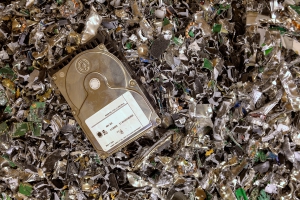
Before any recycling or refurbishing can take place, a critical step in the e-waste recycling journey is data destruction. Data security remains a paramount concern, especially for devices previously used in business environments. Certified recycling facilities adhere to strict data destruction standards to safeguard their clients’ confidential data. This rigorous process involves wiping or destroying all data on the device, ensuring that no unauthorized access can occur.
However, Tony said, “I can’t speak to the level that the big box stores wipe information, but I can say that I don’t know of ANY big box stores that destroy data to the degree that we do. It’s great that they take that stuff back, and want to do their part, but they’re not in the business of data destruction. We erase everything to the highest standards possible because our clients depend on it.” Therefore, not all recyclers are created equally. If your data is sensitive or proprietary, it’s best to go with a certified specialist.
The Ongoing Challenge of E-Waste
While recycling e-waste holds the promise of reducing its environmental impact, challenges persist. As technology evolves and consumers continue to upgrade their devices, the e-waste stream continues to grow. This underscores the importance of responsible disposal and recycling. Greater awareness and the promotion of certified recycling programs can help divert e-waste from landfills and support the responsible management of electronic devices.
In conclusion, the journey of e-waste when it’s recycled properly is a comprehensive process that encompasses collection, data destruction, dismantling, component recovery, refurbishing, and responsible disposal. This approach not only mitigates the environmental impact of e-waste but also contributes to resource conservation and sustainable practices.
Shred Nations Can Help You Safely Dispose of Your E-Waste
Shred Nations partners with some of the leading IT asset disposition vendors in the country. Whether your needs are personal or professional, we can pair you with the right specialist to meet your specific situation. Many of our partners are NAID, R2, or e-steward certified, and are ready to take your IT assets off your hands. For more information on any of our available services or to begin comparing quotes from top providers in your area, just give us a call at (800) 747-3365, use the live chat, or fill out the form to get a free quote today!






